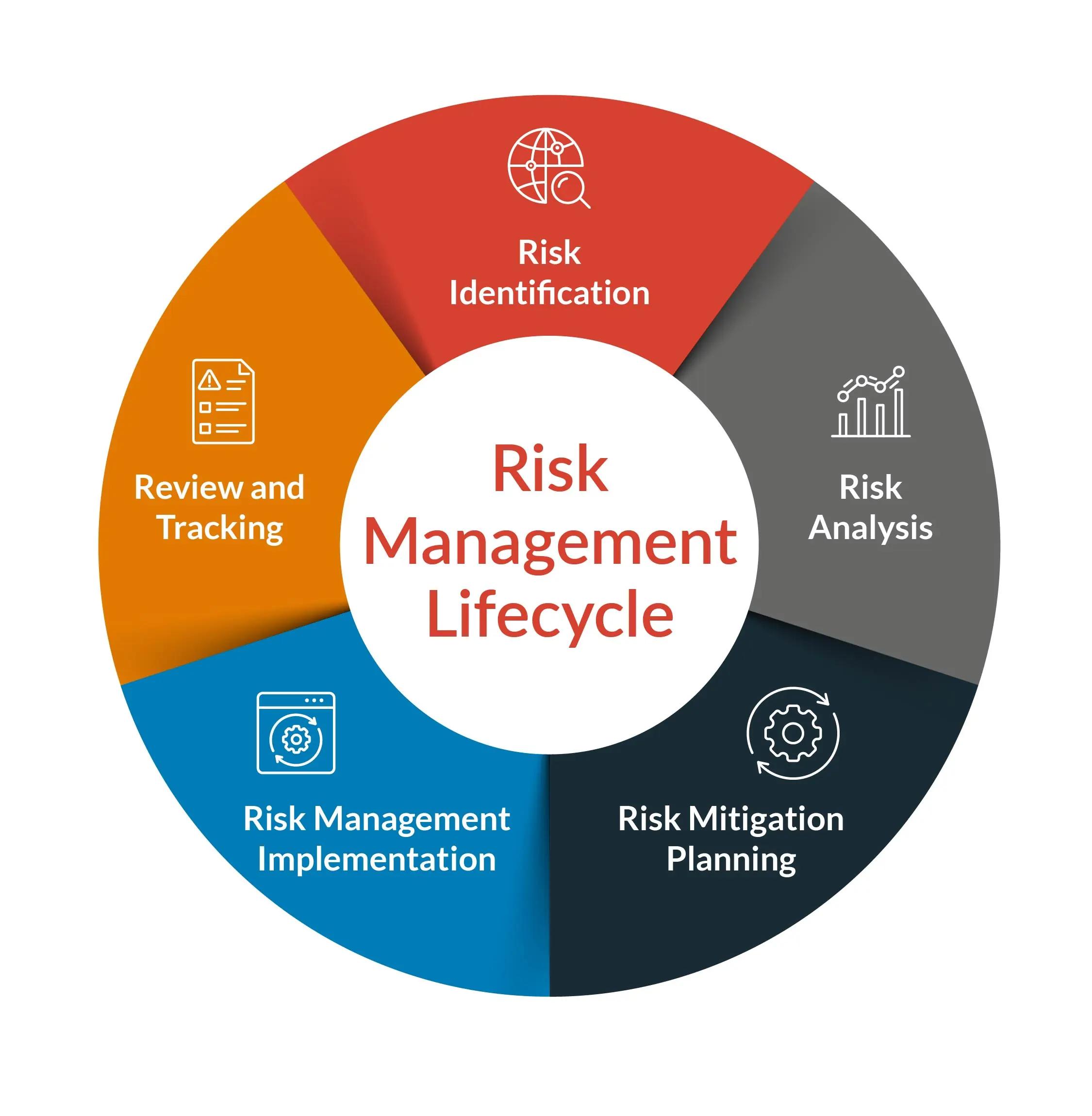Navigating the Unpredictable: A Guide to Risk Management in Soccer Betting
As the world’s most popular sport, soccer captivates millions with its unpredictable twists and exhilarating moments. From last-minute goals to unexpected upsets, the beautiful game is a theater of surprises that keeps fans on the edge of their seats. However, for those who venture into the realm of soccer betting, the thrill of the game comes intertwined with the potential for financial uncertainty. This is where the art and science of risk management come into play. In this article, we will explore the fundamental principles of effectively managing risks in soccer betting, uncovering strategies that can amplify enjoyment while minimizing losses. Whether you’re a seasoned bettor or just starting to tiptoe into this high-stakes arena, understanding how to navigate the risks can transform your approach and enhance your overall experience. Join us as we delve into the key concepts that will empower you to bet wisely and responsibly, transforming predictions into informed decisions amidst the beautiful chaos of soccer.
Table of Contents
- Understanding the Landscape of Soccer Betting Risks
- Identifying Common Pitfalls and How to Avoid Them
- Strategies for Effective Bankroll Management
- Leveraging Data Analytics to Enhance Decision Making
- Q&A
- The Conclusion

Understanding the Landscape of Soccer Betting Risks
Soccer betting presents a myriad of opportunities, but it also comes laden with a variety of risks that can significantly impact bettors. Understanding these risks is crucial for effective risk management. Bettors often encounter factors such as:
- Informed Decisions: Relying on data and statistics can mitigate impulsive betting.
- Injury Reports: Player health dramatically affects game outcomes.
- Form Analysis: Monitoring team performance trends can provide insight into potential results.
- Weather Conditions: Elements like rain or snow can influence gameplay and scoring.
Additionally, market dynamics and betting lines can fluctuate based on public perception and insider information, creating an ever-shifting landscape. Understanding how to navigate these dynamics can mean the difference between long-term success and a series of losses. Key consideration points include:
| Risk Factor | Description |
|---|---|
| Market Volatility | Changes in betting lines can alter the value of bets. |
| Psychological Factors | Emotional betting often leads to poor decision-making. |
| Information Asymmetry | Insider knowledge can give some bettors an unfair advantage. |
For a more comprehensive look at managing these risks, consider visiting BetReward, where expert analyses and insights can assist in refining your betting strategy.

Identifying Common Pitfalls and How to Avoid Them
When engaging in soccer betting, enthusiasts often find themselves tripped up by common missteps that can undermine their success. One significant pitfall is overconfidence, where bettors may rely too heavily on personal biases or past victories, leading to inflated expectations. To counter this, it’s vital to maintain a well-rounded perspective by analyzing statistics, team form, and expert insights. Create a habit of evaluating each match based on data rather than emotions, which will enhance your decision-making process.
Another frequent challenge is the failure to establish a solid bankroll management strategy. Many bettors dive headfirst, risking too much on individual bets, which can quickly drain resources. Implementing a disciplined approach, such as only wagering a small percentage of your total bankroll on any single bet, can help mitigate losses. Consider using the following methods to keep your betting in check:
- Set a monthly budget and stick to it.
- Utilize a staking plan that aligns with your risk tolerance.
- Track your bets to learn from past outcomes.
By recognizing these pitfalls and establishing clearer strategies, bettors can significantly enhance their potential for success while minimizing unwanted risks.

Strategies for Effective Bankroll Management
To effectively manage your bankroll while navigating the unpredictable waters of soccer betting, it’s crucial to establish a solid foundation of rules that will serve as your guiding principles. Set a budget that reflects what you can afford to lose, and stick to it religiously. This budget should be separate from your regular finances to avoid impacting your everyday life. Additionally, decide on a unit size for your bets, which typically amounts to a small percentage of your bankroll—commonly 1-5%. Adopting this approach prevents you from depleting your funds too quickly and allows for sustained engagement in the betting landscape.
Another key aspect of effective bankroll management is tracking your bets meticulously. By keeping detailed records, you can assess your strategies and outcomes to identify patterns over time. Utilize spreadsheets or specialized software to manage your bet history, including details like the betting event, odds, stake, and outcome. This not only provides valuable insights but also fosters discipline and accountability in your betting practices. For those looking to analyze even deeper, consider leveraging resources available at BetReward, which offers tips and tools to optimize your betting experience.

Leveraging Data Analytics to Enhance Decision Making
In the dynamic environment of soccer betting, utilizing data analytics can significantly reshape the landscape of decision-making. By dissecting vast amounts of data, bettors can uncover patterns that inform their strategies. This analysis often includes examining:
- Player Performance Metrics: Tracking individual player statistics such as goals scored, assists, and injuries.
- Team Form: Analyzing recent match outcomes to gauge a team’s current performance trend.
- Head-to-Head Records: Reviewing historical match results between competing teams.
- Weather Conditions: Understanding how different weather scenarios affect gameplay.
Furthermore, risk assessment in soccer betting becomes more precise with tools like predictive modeling and data visualization. These technologies allow bettors to simulate potential outcomes and visualize risk exposure, leading to smarter betting choices. A concise overview can be structured as follows:
| Factors | Impact on Betting |
|---|---|
| Injury Reports | Can drastically alter team performance expectations. |
| Transfer News | Affects team dynamics and match outcomes post-transfer window. |
| Stadium Conditions | Home advantage can skew betting odds and outcomes. |
By effectively leveraging data analytics, soccer bettors can mitigate risks and refine their betting strategies, allowing for a more calculated approach to each wager. For more insights and tools that can enhance your betting experience, visit BetReward.
Q&A
Q: What is risk management in the context of soccer betting?
A: Risk management in soccer betting refers to the strategies and practices used to minimize potential losses while maximizing the chances of making a profit. It involves analyzing various factors that influence outcomes, setting limits on bets, and employing tactics to mitigate risks associated with uncertain results.
Q: Why is risk management important for soccer bettors?
A: Soccer is inherently unpredictable, and the outcomes of matches can be influenced by numerous variables like team performance, player injuries, and even weather conditions. Implementing risk management helps bettors to make informed decisions, protects their bankroll, and enhances the overall enjoyment of the betting experience by reducing stress related to financial losses.
Q: What are some common risk management strategies for soccer betting?
A: Common strategies include:
- Bankroll Management: Establishing a budget for betting and not exceeding it, regardless of wins or losses.
- Value Betting: Identifying bets where the odds offered by bookmakers exceed the actual probability of an event occurring, which can improve long-term profitability.
- Diversification: Placing bets across different matches, leagues, or bet types to spread risk rather than concentrating it in a single wager.
- Setting Limits: Deciding in advance how much to stake on each bet and setting win/loss thresholds for stopping betting activity.
Q: How can bettors analyze risks before placing a bet?
A: Analyzing risks involves studying match previews, team statistics, head-to-head records, form (recent performance), and external factors (like injuries and suspensions). Bettors should also consider the odds provided by different bookmakers, looking for discrepancies that might highlight value opportunities.
Q: What role does discipline play in risk management for soccer betting?
A: Discipline is essential in risk management as it helps bettors stick to their strategies and avoid impulsive decisions based on emotions or recent outcomes. Maintaining discipline encourages bettors to follow their established rules, whether that means resisting the urge to chase losses or sticking with a pre-determined betting strategy, leading to better long-term results.
Q: Are there tools or resources available to help with risk management in soccer betting?
A: Yes! Many online betting platforms offer tools like bet tracking, statistical analysis, and betting calculators. Additionally, dedicated betting forums, blogs, and analytical websites provide valuable insights, tips, and strategies tailored for soccer bettors aiming to enhance their risk management approach.
Q: Can risk management guarantee success in soccer betting?
A: While risk management dramatically improves a bettor’s chances of long-term profitability and reduces potential losses, it cannot guarantee success due to the unpredictable nature of sports. External factors can always affect outcomes, but a strategic approach fosters more informed decision-making and responsible betting habits.
Q: What’s the first step a new bettor should take in implementing risk management?
A: The first step is to establish a manageable bankroll and outline a clear betting strategy. This foundation allows new bettors to approach betting with a plan, setting limits and goals to work toward while developing their understanding of risk management principles over time.
The Conclusion
As the final whistle blows on our exploration of risk management in soccer betting, it becomes clear that success in this arena is more than mere chance; it hinges on strategy, discipline, and a profound understanding of the game. Just as players study their opponents and refine their skills, bettors must equip themselves with knowledge and tools to navigate the complexities of the betting landscape.
In the unpredictable world of soccer, where every match can unfold in surprising ways, the prudent bettor approaches each wager with caution and strategy. By employing sound risk management practices—analyzing data, setting clear limits, and being mindful of emotional impulses—individuals can enhance their chances of making informed decisions rather than relying solely on luck.
Ultimately, betting on soccer should not be a path to reckless abandon but a calculated engagement with the sport’s allure. Remember that every bet carries a risk, and the art of risk management is about striking a balance between aspiration and prudence. May your future betting endeavors be both enjoyable and judicious, turning the thrill of the game into a rewarding experience.